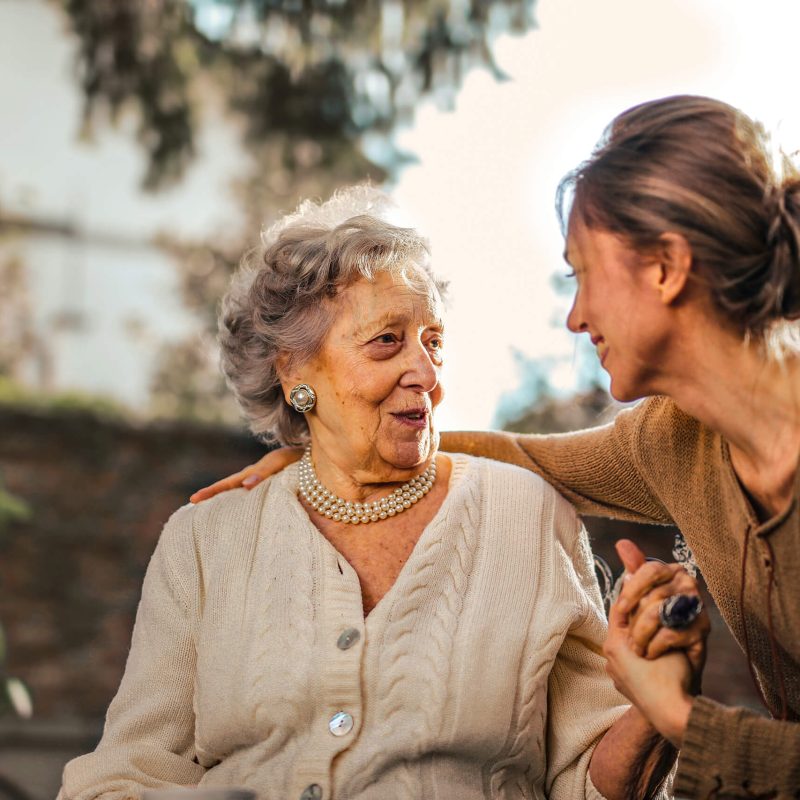
Danny



Many informal caregivers are unaware that the long-term, intensive care they provide takes a toll on their own well-being. As the caregiving demands increase, they run a real risk of burning out, often without seeing it coming
Support for informal caregivers
Fortunately, things often go well, and there is good support available for informal caregivers. In our country, this support is organized regionally, with caregiving support specialists who are well-versed in the local support options. However, because informal caregivers themselves may not seek help readily, there is a need for more referral sources who recognize the needs of informal caregivers and can establish initial contact with caregiving support specialists in the region.
An e-learning for referral sources
The team at Mantelzorg Brabantse Wal initiated a project to educate two target groups through e-learning on how to advise informal caregivers on obtaining proper support.
The second target group is ‘volunteers in healthcare’.
Both groups encounter many informal caregivers in the vicinity of their clients/patients but often pay little attention to this, as their primary focus is on the care recipient.
With e-learning, we aim to bring about a change in this regard.
Together with the client, we opted for a two-stage approach:
Shor microlearning
To raise awareness with the message that good care also involves considering the caregivers around your patien/client.
The short microlearning was created by Susanne Oostveen and is now available on the Mantelzorg Brabantse Wal website. The microlearning makes healthcare professionals and volunteers aware of the theme through a series of practical quiz questions. At the end of the test, the learner realized that considering caregivers is part of their work.
Professionalization module in the form of a longer e-learning
Theo Ybema took responsibility for the longer module. This module was content-wise based on existing source material, which was provided with feedback and additions by the project team. Subsequently, we held various editing rounds in which we first sharpened the learning objectives and then organized and filled in chapters.
Realization
An important principle was that the module need to do more than just provide learners with information about informal caregiving. This information also needed to be applied. Learners were asked to engage in conversations with caregivers and refer them to local caregiving organizations. The assumption was that healthcare professionals, who are often under time constraints, would need concrete instructions to conduct such conversations.
The approach we ultimately chose was to provide an instruction in three steps, in which the learners learns to initiate a brief conversation, activate a specific need, and then guide the referral. Of course, learners needed to practice such conversations. For this purpose, we designed a conversation simulation in which the learner is presented with numerous positive examples to apply the instruction.
No results found.
Lourdesplein 1
4615 EX Bergen op Zoom